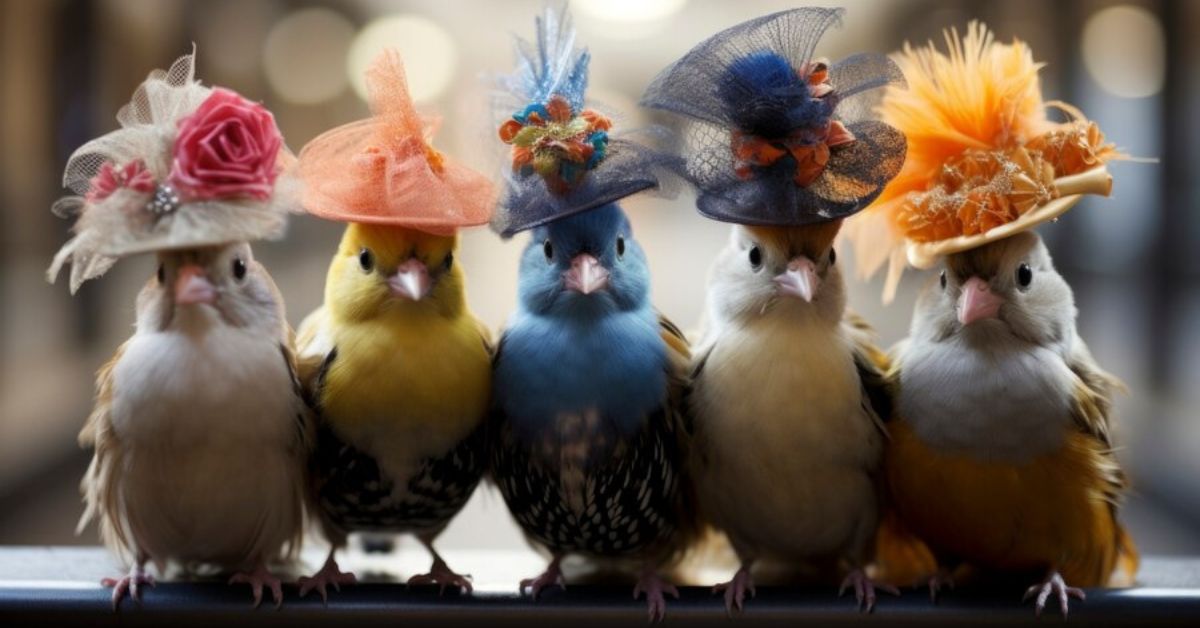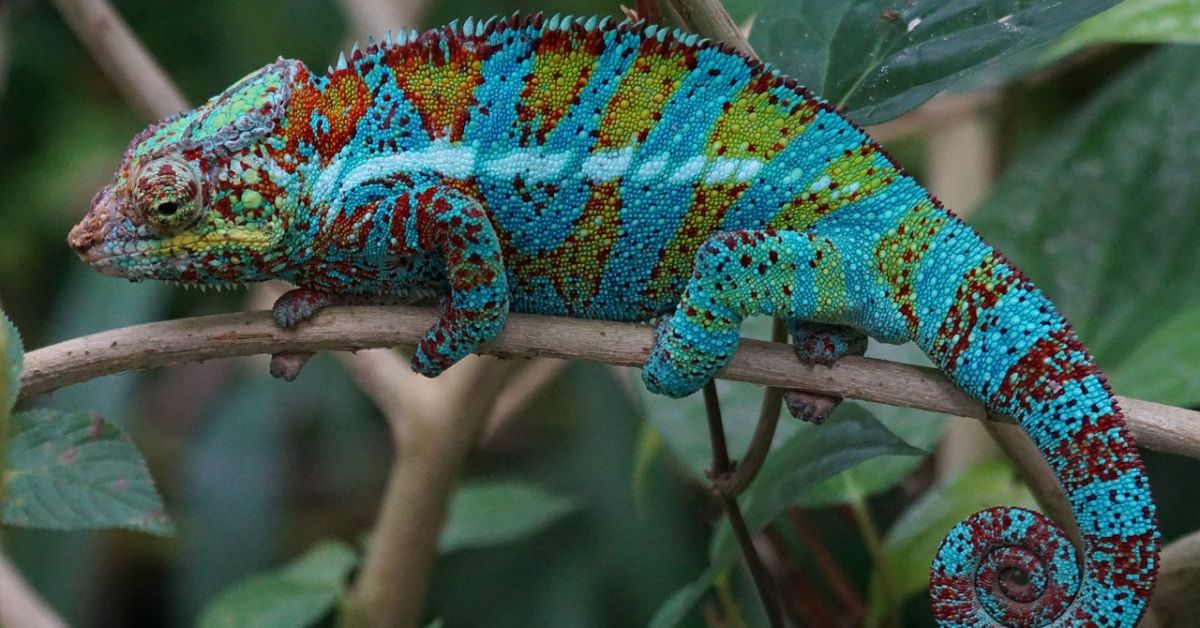Exotic Pet Laws in Washington State: What You Need to Know: When considering adopting an exotic animal in the Evergreen State, you must familiarize yourself with the laws regarding exotic pets. Owning a pet that could double as a character in a J.R.R. Tolkien novel might sound exciting, but it comes with a great deal of responsibility—and a hefty amount of legal homework!
For all aspiring exotic pet owners, this article will guide you step by step through the laws governing the ownership of these unique animals in Washington. So, whether you dream of owning a ferocious feline or a slithering serpent, read on to ensure your pet dreams don’t become nightmares.
What Counts as an Exotic Pet?
In Washington State, defining an “exotic pet” “is the first” step in understanding the legal landscape. Exotic pets include a range of animals from the more common, like hedgehounds, to the more unusual, like tarantulas and even some non-native reptile species. Exotic Pet Laws in Washington State: What You Need to Know
These aren’t your cats and dogs; owning an exotic pet can make you feel like you’ve got the Amazon or the Sahara in your living room. Imagine explaining to your friends that your pet parrot can recite the entire Gettysburg Address!
Legal Framework Governing Exotic Pets

Navigating the exotic pet laws in Washington State isn’t exactly in the park. The state has specific regulations to protect these unusual animals and the community. For starters, Washington requires all exotic pet owners to obtain animal permits. This isn’t just bureaucratic paperwork; it’s a way to ensure that all exotic pets are kept under conditions that are safe for them and the public.
Potential owners must prove they have adequate knowledge and resources to care for an exotic pet to secure a permit. It’s similar to applying to college, but instead of writing an essay on why you deserve a spot, you might have to build a secure enclosure for your pet iguana!
Where to Obtain a Permit
Getting a permit for your exotic pet involves contacting the Washington Department of Fish and Wildlife. This agency is your go-to resource for all things wildlife and pet-related, not because they have cool ranger hats. They provide the necessary applications and guidelines on their website, which is as easy to navigate as a well-lit, well-marked hiking trail.
The process can sometimes be as slow as a tortoise, so patience is vital. Make sure to double-check all your paperwork before submitting it. You wouldn’t want to be the reason your pet application crawls to a halt!
Restrictions and Prohibitions
Regarding exotic pet laws in Washington State, not all animals are treated equally. There are specific restrictions and outright bans on certain species. For example, it’s a big noit’sto own big cats, certain primates, and venomous snakes. It’s as if the state decided that anything that could potentially star in a horror movie should not be kept as a pet.
These restrictions are in place for a good reason. Imagine taking a fully grown lion to the local vet for its shots. It’s not only a tit’sgerous hazard for you and the lion but also a tit’sic hazard!
Legal Consequences of Non-Compliance
Failing to adhere to the exotic pet laws in Washington State can lead to more drama than a reality TV show. Legal consequences can include fines, animal confiscation, and, in severe cases, criminal charges. It’s like getting a parking ticket, but you’re dealing with a wildlife ranger instead of a parking officer.
Following all local regulations in the letter is crucial to avoid turning your exotic pet dream into a legal nightmare. Think of it as following a recipe for a fancy dinner: skip one step, and you might end not with a gourmet meal but with a kitchen fire.
Why These Laws Matter
Understanding and complying with exotic pet laws in Washington State is vital for the public’s safety and animal welfare. These laws ensure that exotic pets are cared for in a manner that meets their specific environmental and dietary needs.
It’s all about balancing human interests and animal welfare. By respecting these laws, you help ensure that exotic pets live healthy, happy lives, which is the ultimate goal of any pet owner.
Conclusion
Navigating the exotic pet laws in Washington State might seem daunting initially. Still, with the correct information and preparation, it can be as smooth as sailing on Puget Sound on a calm day. Remember, owning an exotic pet is a big responsibility, but it’s also a ride that can bring a little bit of the wild into your home.
For more information and resources on pet ownership in Washington, visit Canecordc, whether you’re set or just curious. About your legal options, this site is your gateway to understanding the exotic and wonderful world of pet ownership in Washington State.
